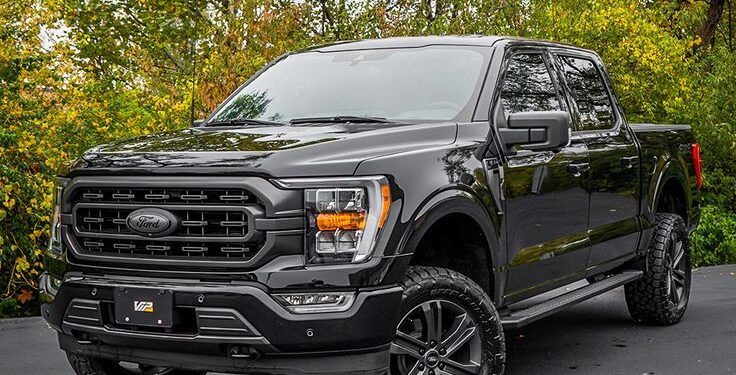Imagine this: you think you’ve found the deal of a lifetime. The car is pristine, the paint glistens, the price is irresistible, and the seller claims they “just need quick cash.”
You hand over the money, snap a selfie with your new ride, and proudly show it off for days.
Then, two weeks later, the police knock on your door. The car is stolen, and suddenly, you’re entangled in an investigation you never anticipated.
This nightmare is a reality for many unsuspecting buyers in Ghana’s bustling second-hand car market. Stolen vehicles change hands more often than many realize, especially when buyers skip proper verification in their eagerness to close a deal.
ICYMI: Presidential Envoy Urges Religious Leaders to Share Prophecies of National Importance with Gov’t
The good news? With diligence and patience, you can significantly reduce your chances of falling into this trap. Here’s your essential guide to staying on the right side of the law (and avoiding the tow truck).
How to Avoid Buying Stolen Cars
- Verify VIN and Engine Numbers Thoroughly
Every car has a unique Vehicle Identification Number (VIN) and engine number—think of them as the car’s fingerprints. These must match exactly with the registration documents. Look for signs of tampering, such as scratched or unevenly engraved numbers. Scammers may replace original numbers with fake ones, so inspect closely. - Avoid Settling for Copies or “Pending” Papers
A legitimate seller will have original registration and roadworthy certificates, along with customs clearance if the car is an import. If you hear excuses like “the papers are at home” or “I’ll bring them after payment,” walk away. Photocopies can be easily faked. - Request Background Checks from DVLA and Police
In Ghana, the Driver and Vehicle Licensing Authority (DVLA) can verify if the registration details are legitimate. The Criminal Investigation Department (CID) of the Ghana Police Service can inform you if the vehicle is reported stolen. This step might take a day or two, but it’s worth the effort to avoid losing money or facing legal issues. - Be Wary of Bargain Prices
Stolen cars are often sold at lower prices to quickly offload them before attracting attention. While genuine deals exist, if a 2022 model is priced significantly below market value, question the reasoning behind it. - Meet in Safe, Public Locations
Avoid finalizing transactions in isolated areas or unfamiliar homes. Instead, conduct business at DVLA offices, reputable dealerships, or police-approved sales points. Fraudsters are less likely to operate in visible, well-populated places. - Don’t Pay in Full Upfront
If possible, offer a small deposit and stipulate in writing that the balance will be paid only after all verification checks are complete. A legitimate seller will understand this precaution; if they pressure you to pay in full immediately, consider it a red flag. - Request and Copy the Seller’s ID
Ensure the name on their ID matches the registration papers. Avoid excuses like “It’s registered to my cousin” without proof. Keeping a copy of their ID and contact details can provide leads if issues arise later. - Bring a Trusted Mechanic or Expert
A knowledgeable mechanic can identify tampered VIN plates, mismatched parts, or hidden damage that you might overlook. Their expertise can help prevent costly mistakes.
Buying a car—whether your first or fifth—is thrilling, but rushing can lead to serious trouble. In Ghana’s used car market, stolen vehicles move quickly, and buyers who neglect background checks are easy targets.
Taking a bit of extra time to verify details could save you from heartbreak, financial loss, or even legal trouble.
So, the next time you’re tempted by a “too good to be true” deal, remember: the sweetest offers can often have the sourest outcomes.
SOURCE: PULSE GHANA


























